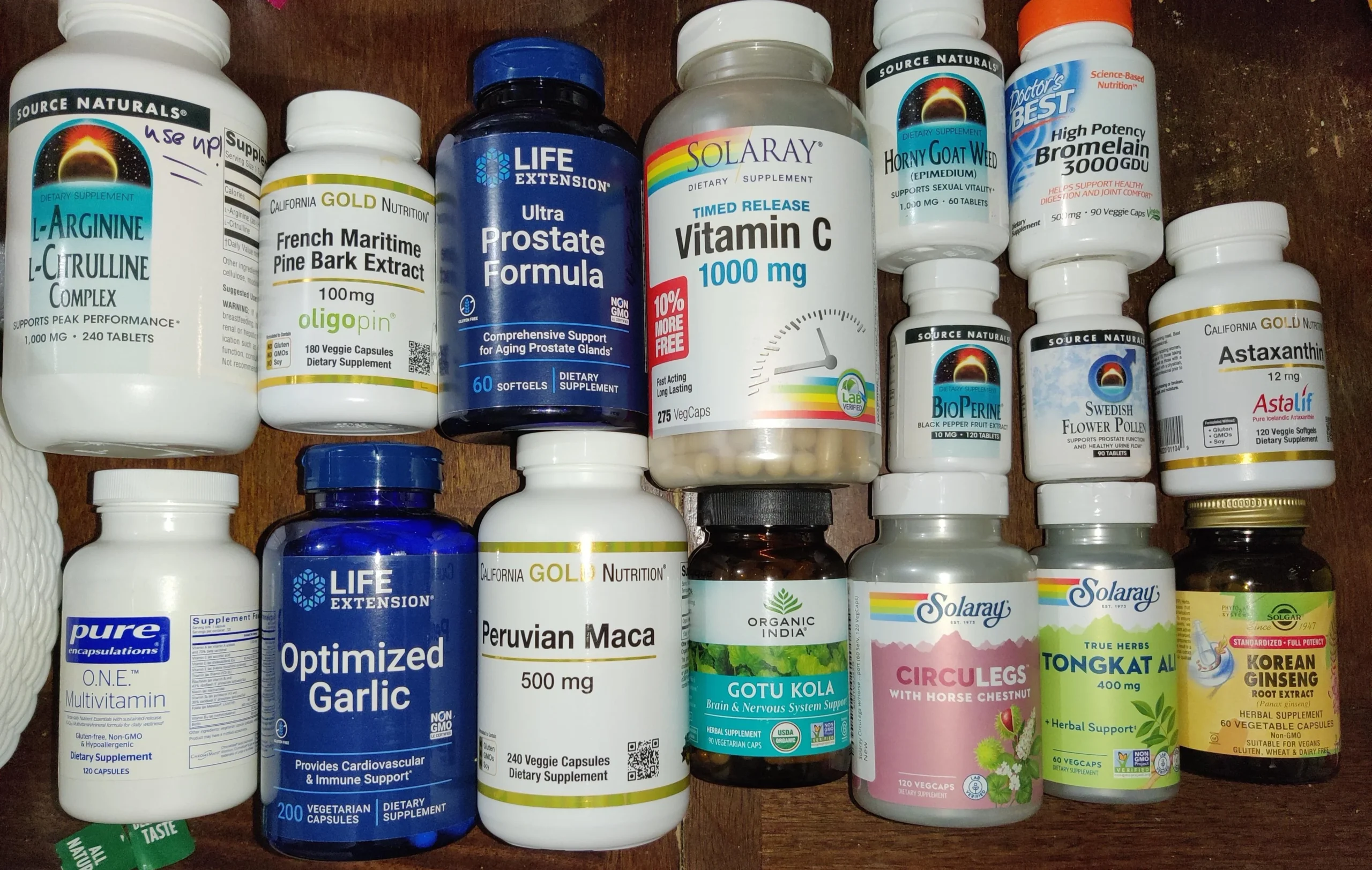A 20-year study involving almost 400,000 adults reveals that daily multivitamins do not help you live longer.
- Large-Scale Study: Researchers analyzed data from over 390,000 adults over 20 years. The study included participants from three major U.S. populations, tracking their health and vitamin use.
- No Longevity Benefits: The study found no evidence that taking daily multivitamins helps you live longer. In fact, daily multivitamin users had a slightly higher mortality risk compared to non-users.
Study Details
The research was led by Erikka Loftfield and a team from the National Institutes of Health’s National Cancer Institute. It was published in JAMA Network Open on June 26, 2024. Participants came from:
- The National Institutes of Health–AARP Diet and Health Study (NIH-AARP)
- The PLCO Cancer Screening Trial
- The Agricultural Health Study (AHS)
After excluding participants with extreme calorie intake or chronic diseases, the final analysis included 390,124 adults, with a median age of 61 and 55% being male.
Methodology
- Assessment: Participants were asked about their supplement use at the start and during follow-ups. Multivitamin use was categorized into nonusers, non-daily users, and daily users.
- Confounding Factors: Researchers adjusted for various factors like age, sex, race, education, smoking, BMI, physical activity, diet, and family history of cancer.
- Tracking: Participants were followed from the study’s start until death, loss to follow-up, or the study period’s end. Mortality causes were identified from death certificates.
Results
- Comparison: Multivitamin users were more likely to use other supplements, had lower BMI, and better diets than non-users.
- Mortality Risk: Daily multivitamin users had a 4% higher mortality risk than non-users. There were no significant differences in death rates from heart disease, cancer, or stroke.
Implications
- No Justification for Routine Use: The study suggests that daily multivitamin use in healthy adults is not justified. There is no evidence that it improves longevity.
- Supplementation Should Be Targeted: While certain vitamins, like folate during pregnancy, have proven benefits, indiscriminate use of multivitamins is not supported by evidence. Supplements should be used based on specific needs and scientific evidence.
Conclusion
Despite the widespread use of multivitamins, this comprehensive study shows that they do not help you live longer. In fact, daily use may slightly increase the risk of death. It’s important to focus on targeted, evidence-based supplementation rather than relying on multivitamins as a general health strategy.
References:
- Loftfield, E. et al. (2024). JAMA Network Open.
- National Institutes of Health–AARP Diet and Health Study
- PLCO Cancer Screening Trial
- Agricultural Health Study
